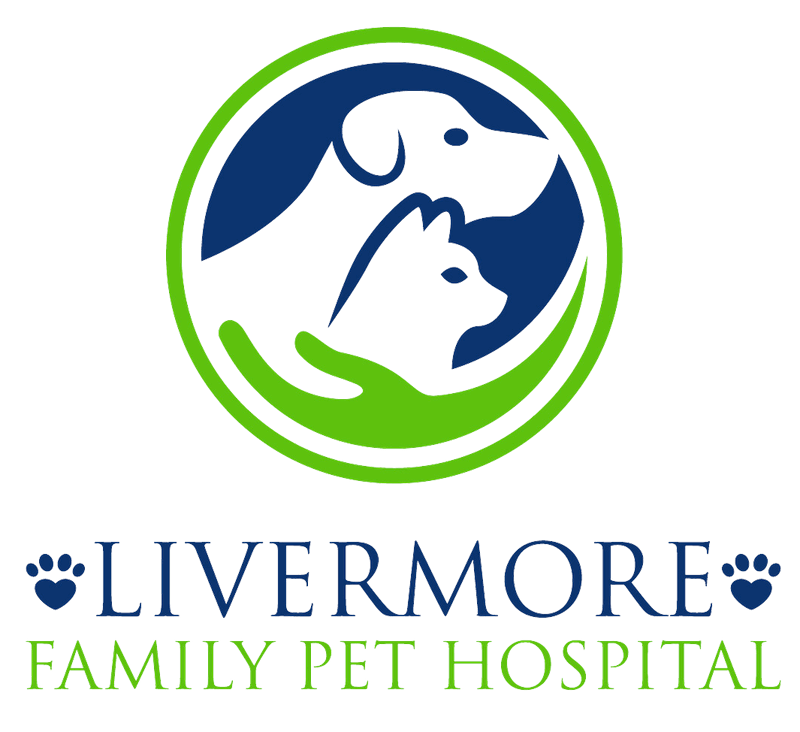The California Department of Public Health (CDPH) advises veterinarians to consider avian influenza virus in cats that present with neurologic signs following consumption of raw milk.
Since August 2024, highly pathogenic avian influenza A (H5N1) virus has been detected in over 500 California dairies, with high viral loads present in the milk. USDA-APHIS has reported H5N1 infection in numerous carnivores, including domestic cats after contact with infected birds or consumption of contaminated milk. H5N1 infection in cats has resulted in severe, often fatal neurologic disease.
On December 12, the Los Angeles County Department of Public Health reported detection of H5 in two domestic cats that died after consuming retail raw milk from a lot that was recalled after products were found to be contaminated with H5 virus. CDPH public health veterinarians encourage veterinary practitioners to:
- Discourage clients from feeding raw (unpasteurized) milk and other raw foods to pets.
- Consider H5 infection in any cat that consumed raw milk or wild birds, especially if it presents with neurologic signs such as seizures, acute ataxia, nystagmus, or cortical blindness.
- Pursue influenza A testing through your usual commercial veterinary diagnostic laboratory. Flu A testing may also be available through some public health laboratories; contact your local public health department regarding any pets who become ill following consumption of raw milk.
Review CDC guidelines for safe practices while handling cats possibly infected with H5N1, including wearing personal protective equipment (PPE) such as N95 respirator, goggles or face shield, gloves, and gowns.
USDA Website Updates
